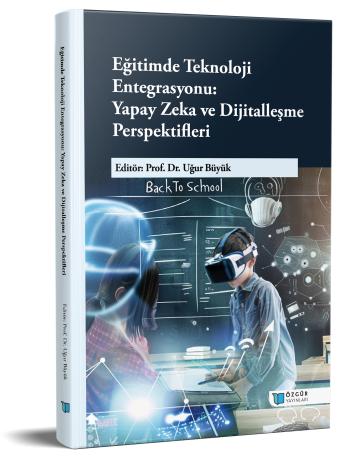
Digital Labor and Teacher Identity in Education: The Transformation of Labor in AI-Supported Systems
Chapter from the book:
Büyük,
U.
(ed.)
2025.
Technology Integration in Education: Artificial Intelligence and Digitalization Perspectives.
Synopsis
This study critically and philosophically analyzes the impacts of AI-supported digital education systems on teachers’ labor and professional identity. The process of digitalization has transformed teaching not merely into a technological function, but into a form of labor restructured through data production, algorithmic compliance, and surveillance mechanisms. Teachers are no longer solely pedagogical actors; they have become data providers, content moderators, and algorithmic performance subjects integrated into the functioning of digital systems.
This transformation undermines both the technical and ethical foundations of teacher identity, rendering values such as pedagogical intuition, affective labor, and professional autonomy increasingly invisible.
The theoretical framework of the study is shaped by Foucault’s panopticon metaphor, Zuboff’s theory of surveillance capitalism, Butler’s concept of subjectivation, and Freire’s critical pedagogy. The study emphasizes that the teacher is not merely a component of the system but a subject capable of resistance, ethical decision-making, and meaning-making.
In this context, digital labor is evaluated as both a repressive and reconstructive force in the transformation of the pedagogical subject. The study argues that despite the deep technological restructuring of the educational landscape, a human-centered approach to education remains not only relevant but possible.

